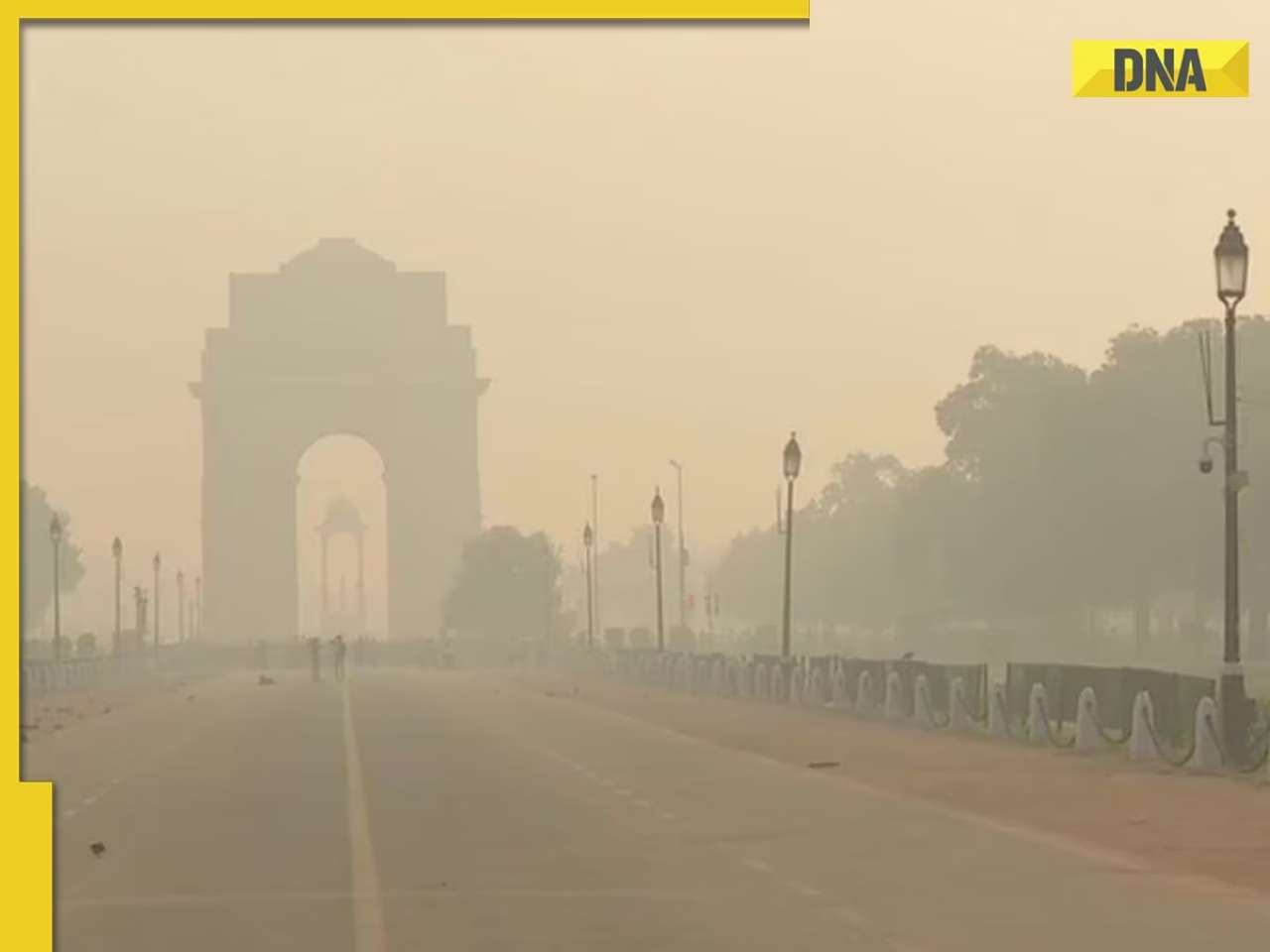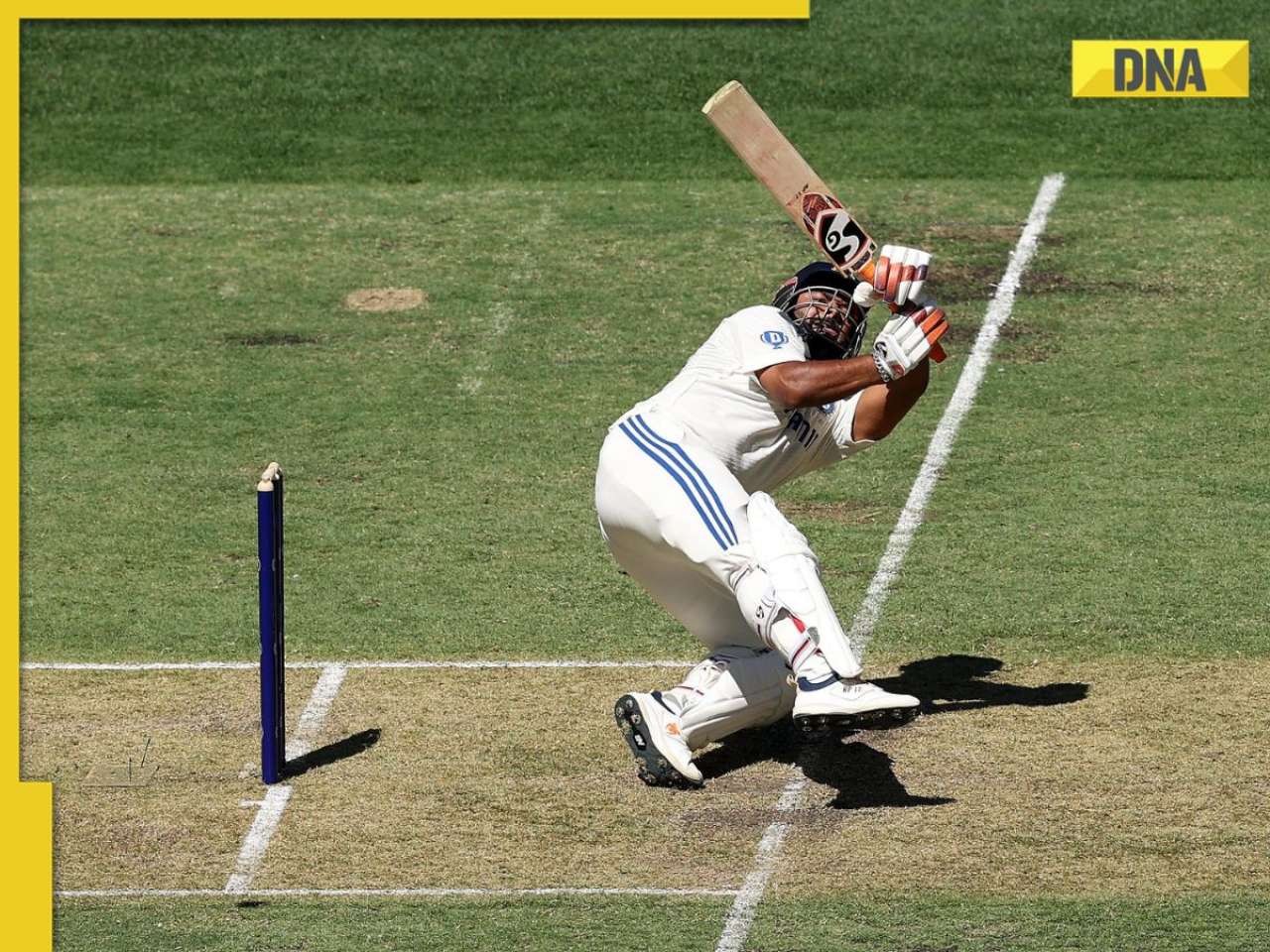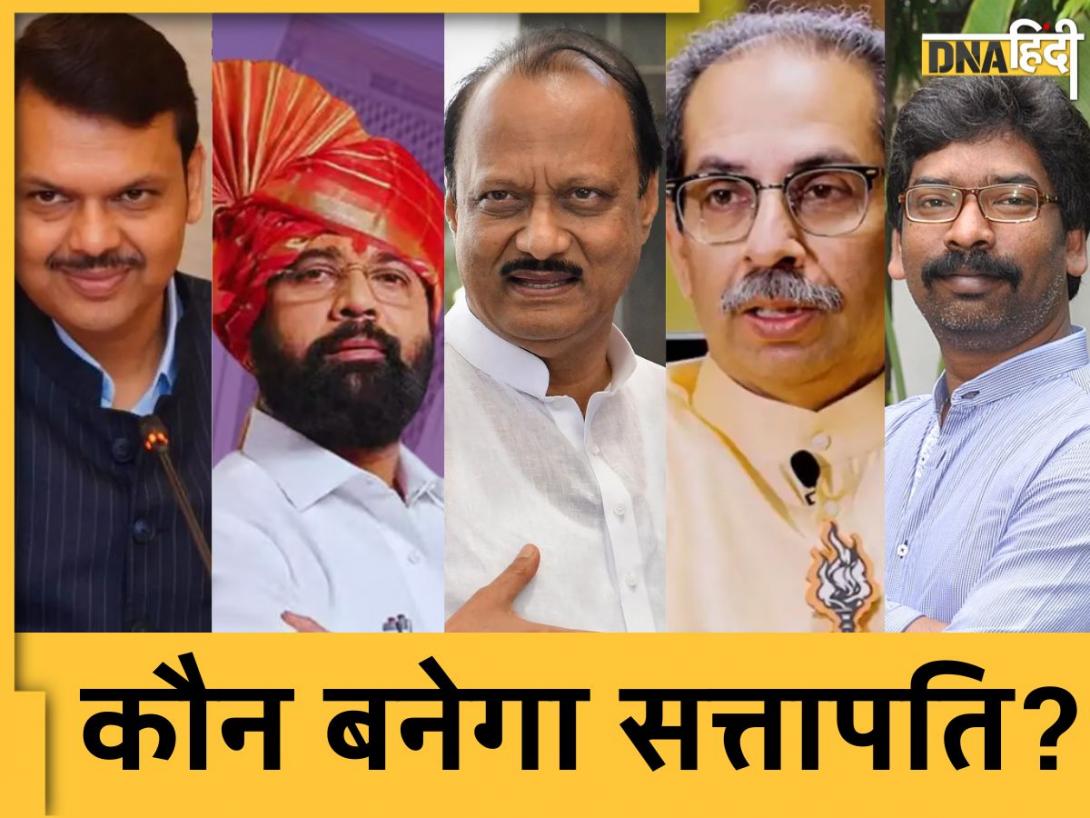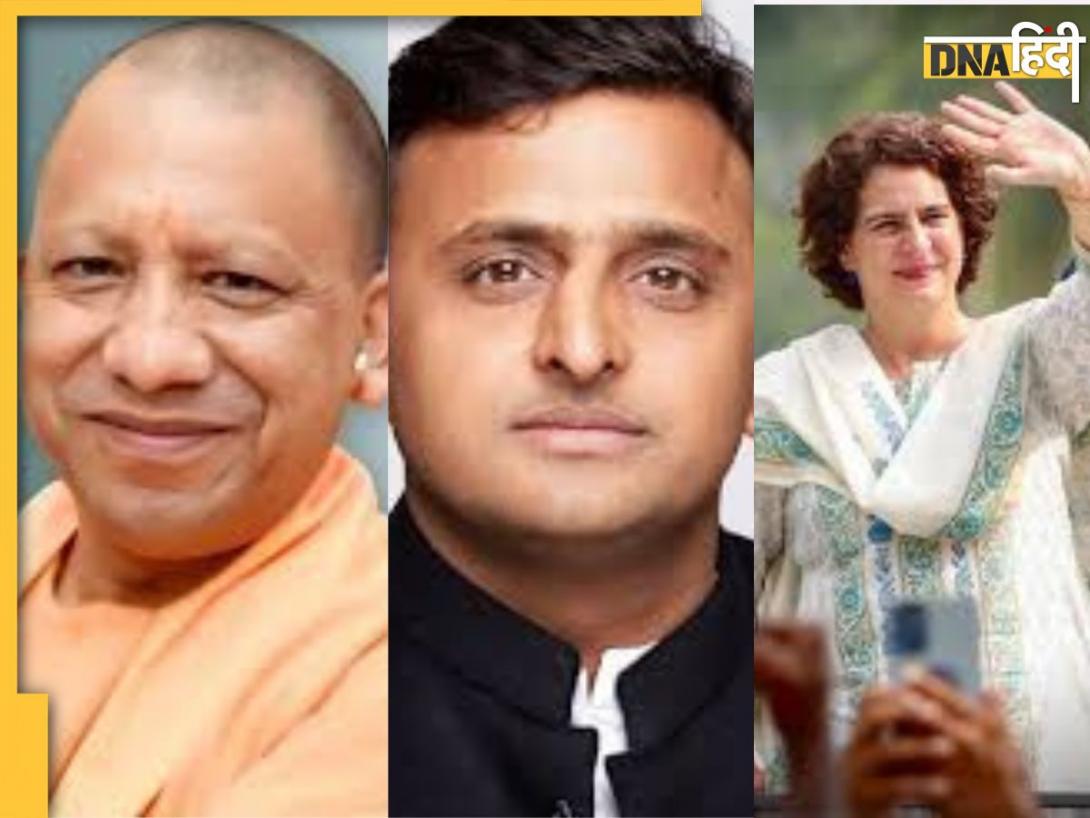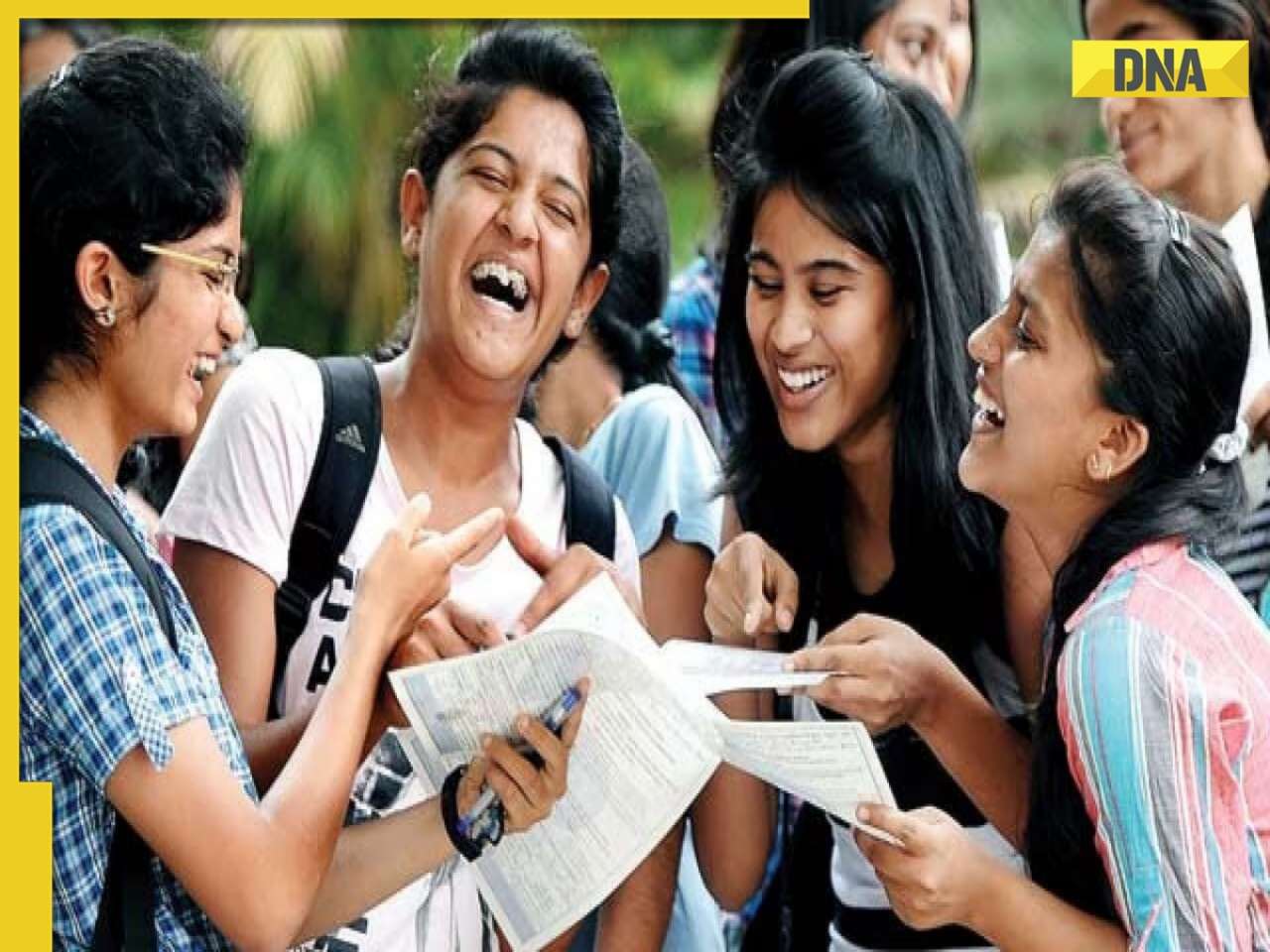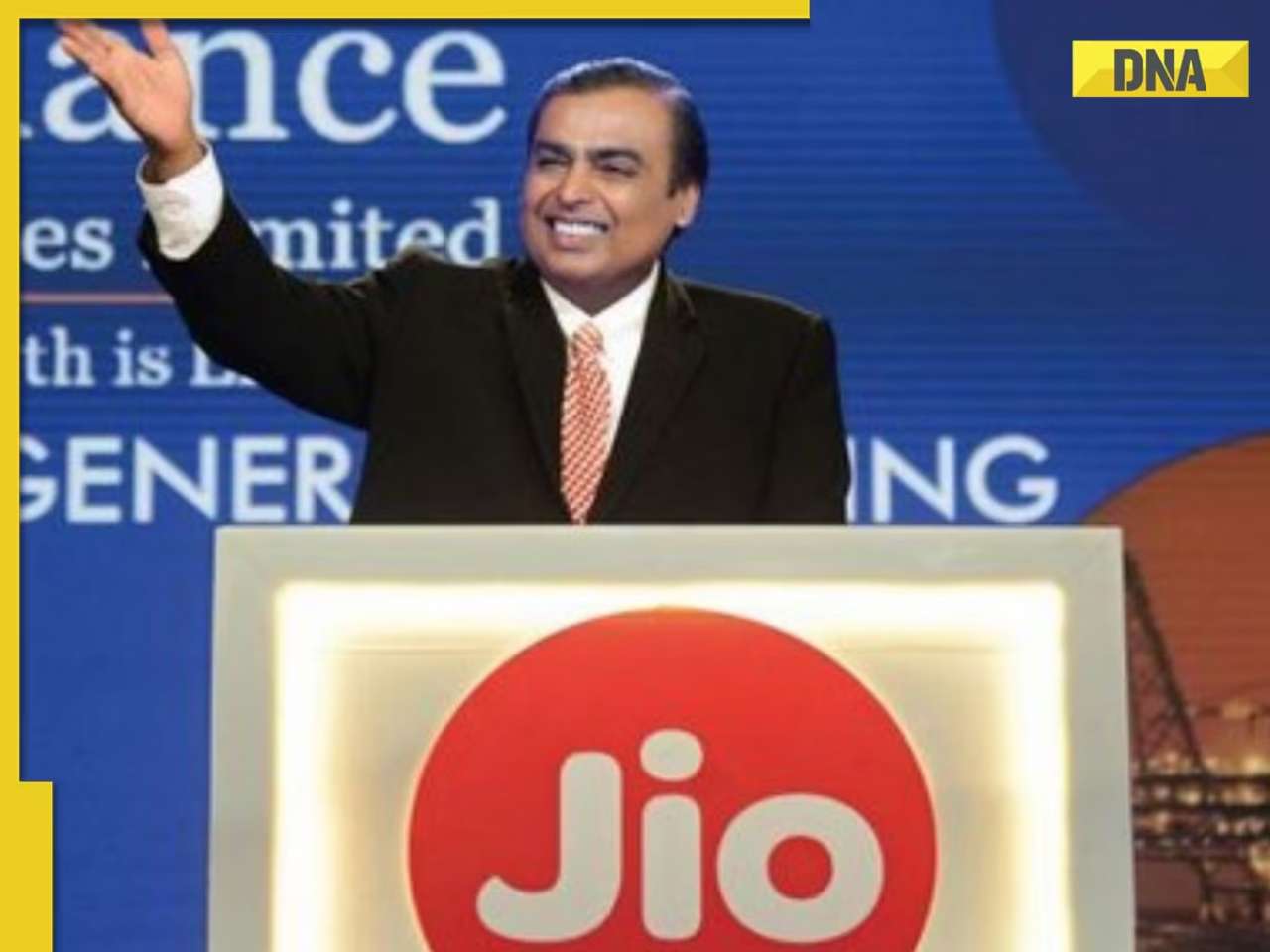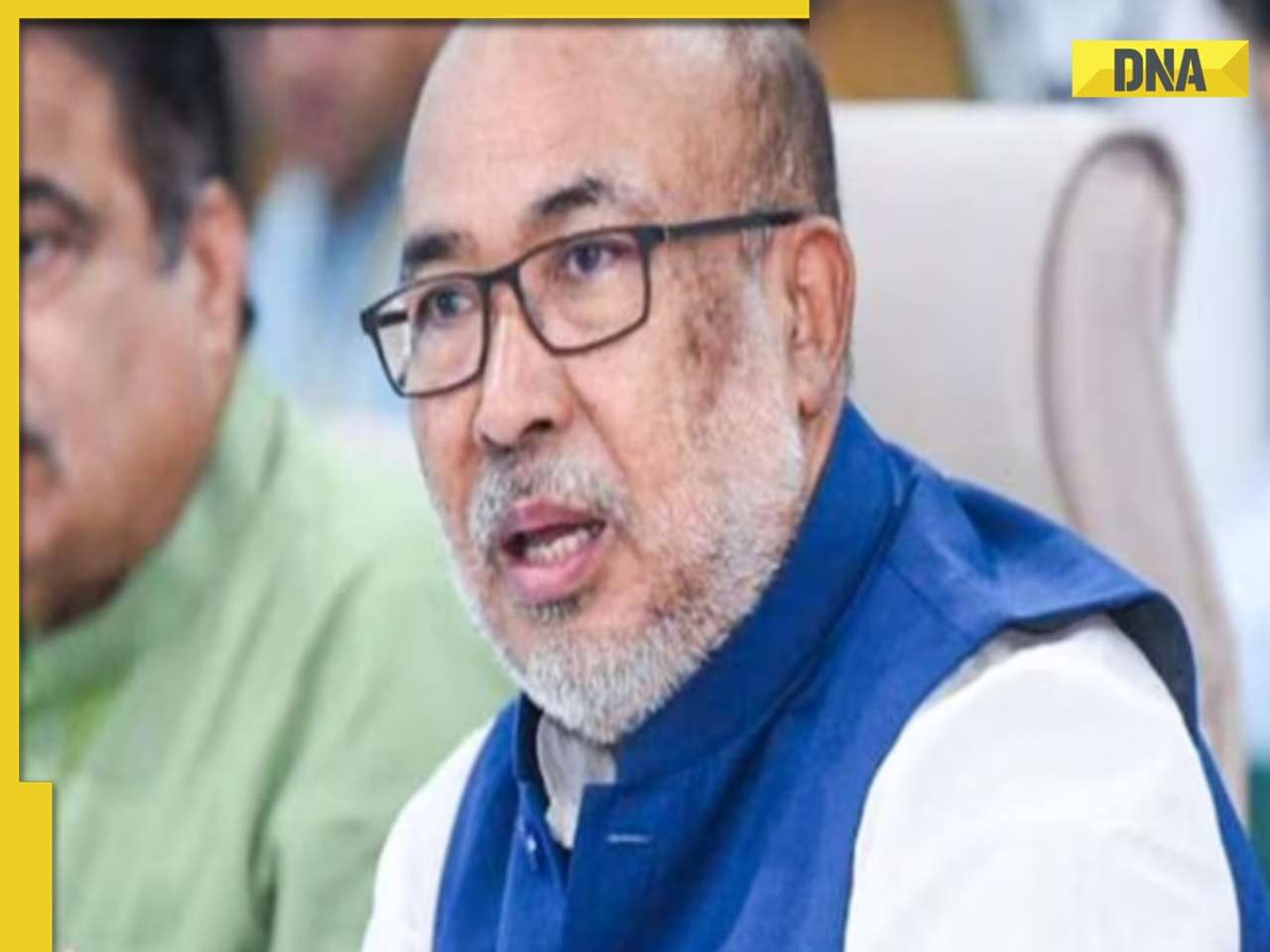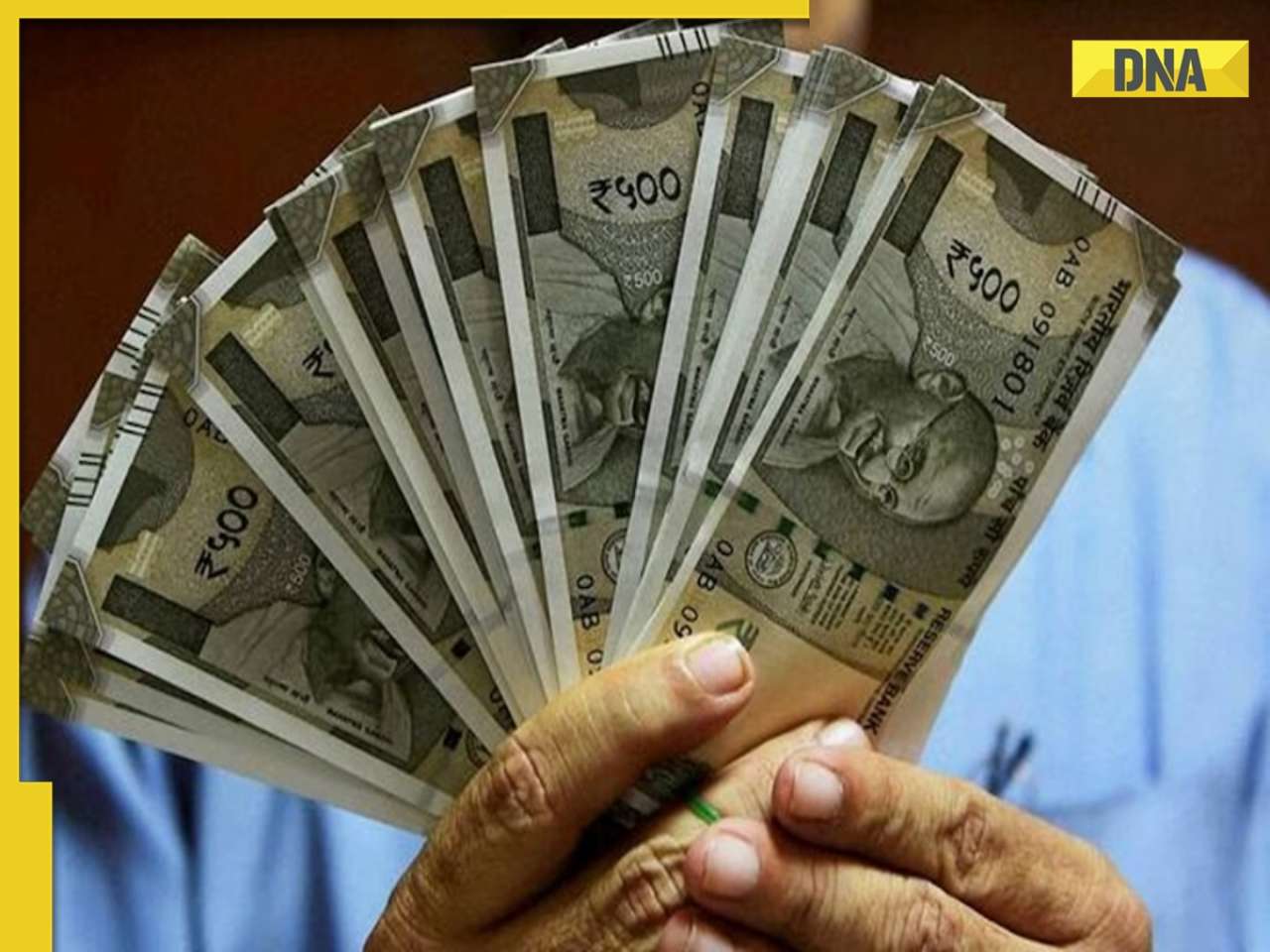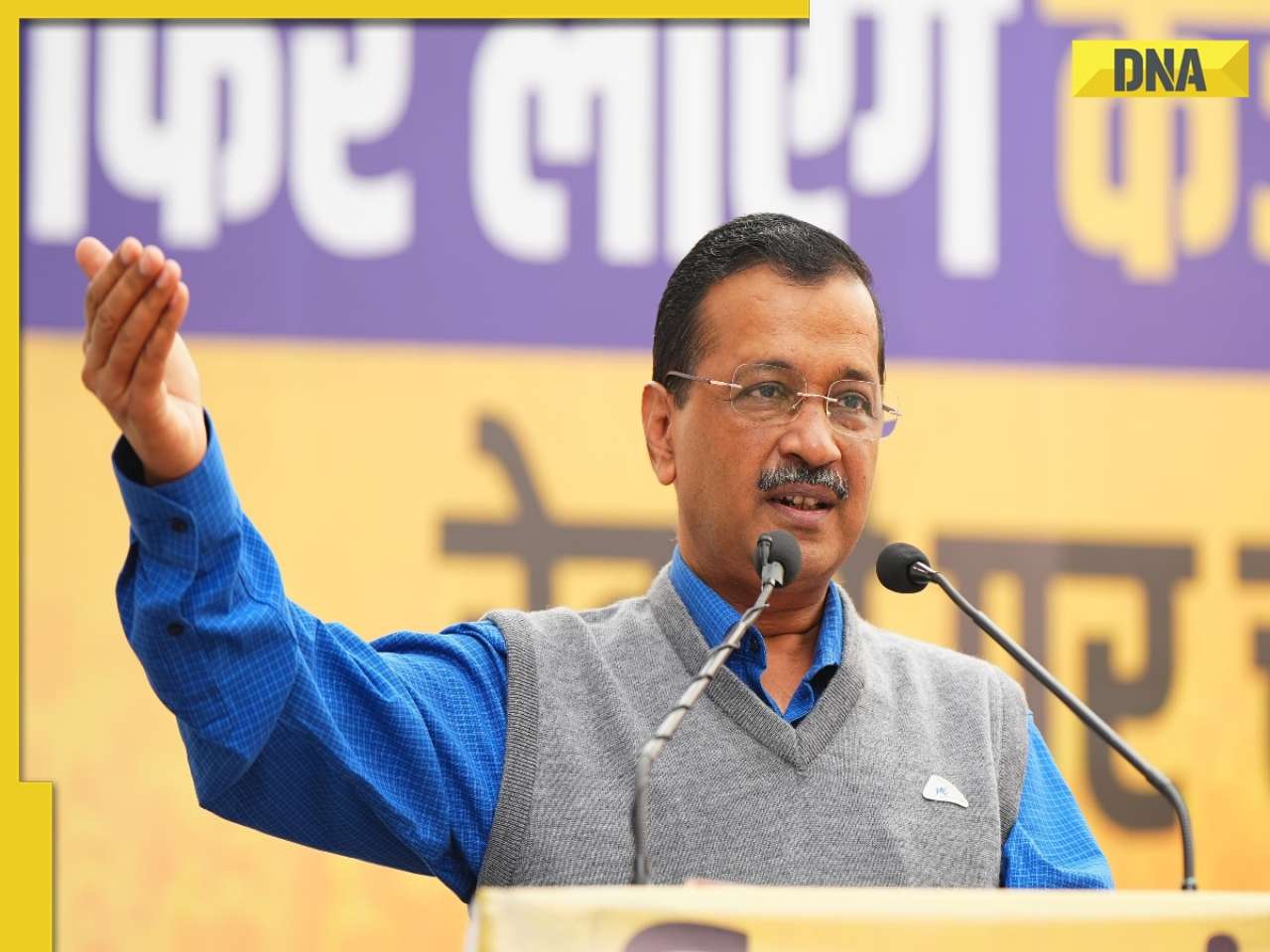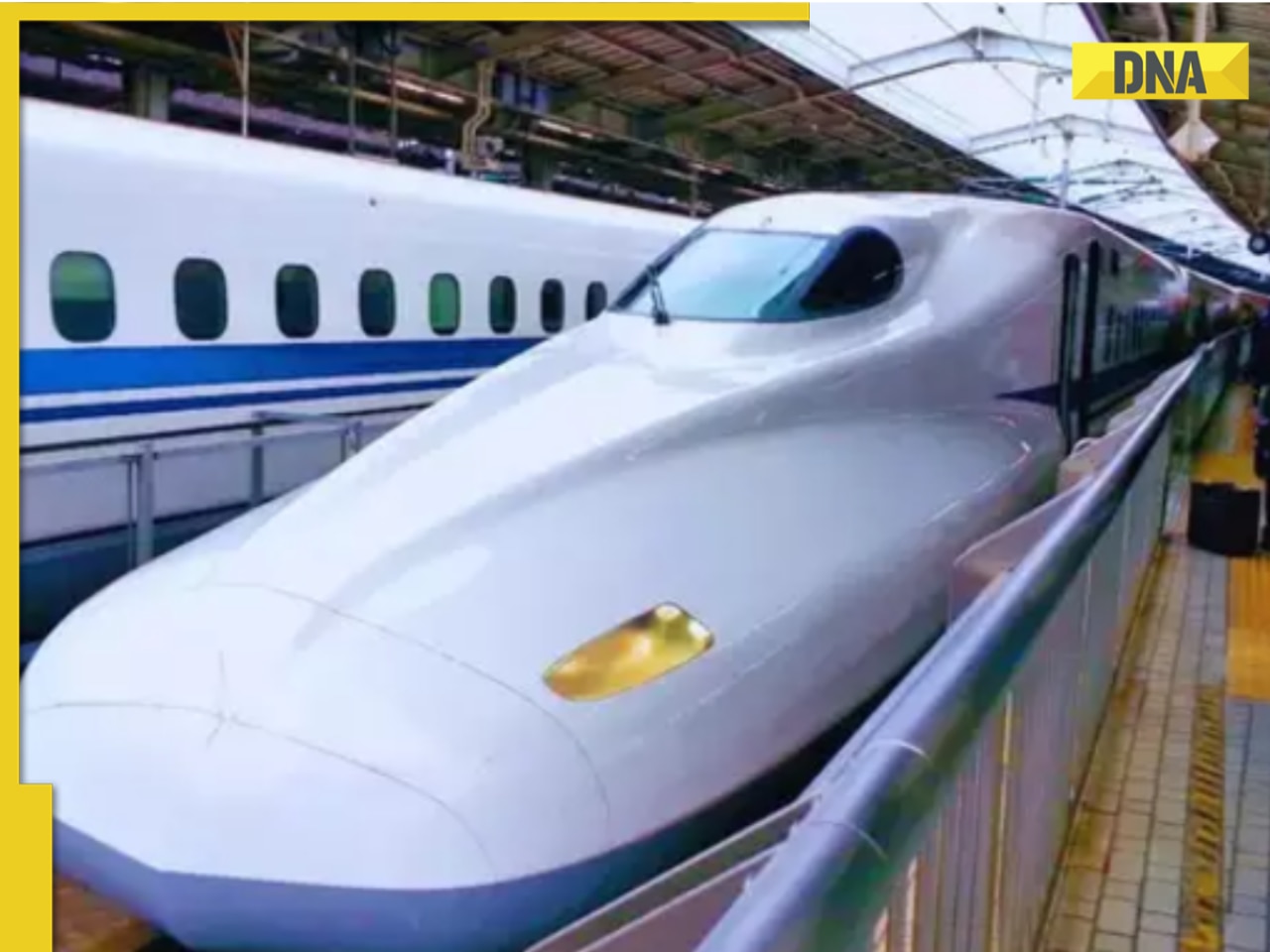- LATEST
- WEBSTORY
- TRENDING
BUSINESS
It’s imperative that Asia takes lead in the new economic paradigm
It’s imperative that Asia takes lead in the new economic paradigm.
TRENDING NOW
It will take decades to accept that the axis of global economy has shifted to Asia.
The current global recession [or is it a deep depression] is being attempted to be cured by the conservatives and liberals in the USA and Europe in their own old-fashioned ways.
Allow the markets to recover with a gentle nudge from government, say the conservatives, while the liberals want strong government intervention of a Keynesian type. Obama says these differences are no more important — it is more about the effectiveness of the government rather than size. This is Bollywood, sorry Hollywood dialogue without substance.
In the midst of all this gloom, a news report says that China has become the third-largest global economy, pushing Germany aside. Also, India and China are still expecting to grow at more than 6% this fiscal and may continue in the same way the next fiscal when the developed economies are struggling between negative growth and marginally positive numbers.
Let us go back in history. Angus Maddison (World economy -A millennial perspective; OECD; 2007) in his path-breaking study suggests that India (25%) and China (22%) had nearly 50% of the global GDP in 1700 AD and again in the 1820s. The great decline started after that, reaching 9% (China 5% and India 4%) in 1950.
This implies that after nearly 300 years, the tide is changing again and India and China are returning to where they were.
But this won’t be linear transformation. The traditional Abrahamic civilisations — as Samuel Huntington would have put it — are on a decline. In the known human history, this is the first time non-Abrahamic traditions such as India/ China are going to gain dominance in the economic affairs of the world.
The basic flaw in the developmental model of the USA is that they have become a consuming economy. Their important economic indicator is the retail consumption figures. Household savings have become negligible, actually less than 2%. Not only that; US was a consuming economy and Asian Economies like China and India were saving economies.
India with its 35% savings rate is one of the largest savers in the world. The economies of Europe are also struggling due to their demography, wherein an increasing number of elderly is to be supported by the state.
Let us look at the demographic profile of Europe and the US in the next few decades, as per UN population projections. The average total fertility rate in 2000 was 1.57 for developed countries and 3.05 for developing countries. The rate for Europe was 1.4, Japan 1.3, USA 2.1, India 3.1 and China 1.72. It is felt a rate of 2.1 is an appropriate replacement rate, including some death of infants etc.
The situation could worsen over the next decade. Estimates suggest that in the next 50 years, USA will grow by 100 million people and Europe will shrink by as many. For instance, in another 40 years, the German population would be lesser by nearly 30%.
One-third of the population will be more than 65 and they will outnumber children by two to one. Italy’s rate is 1.2, and in that Catholic country, in another 40 years, more than 40% will be above 65 years.
In Russia, two out of three pregnancies are terminated before birth, and Russian women average 2.5 to four abortions each, and their death rate is, believe me, 70% more than the birth rate. Putin warns that in 15 years, there will be 22 million less Russians, that is, a seventh of its current population. Japan is already facing the age crisis. Of course, the Whites in England are not having enough children, with London readying to have “ethnic majority” in a decade .One can go on.
The ageing of the developed countries, coupled with a desire of the labour class, including white collar workers, to work for lesser hours, is creating a catastrophe.
This is the nature of the crisis. The labour force will be extremely scarce and expensive in the developed world. The elderly will also demand better protection, and the state will spend all its money to become the new caring “child” for these old people.
Since societal norms (in terms of caring for the elderly by the off-springs, etc) have gone for a toss, the aged are the responsibility of the state, and this implies more taxes and a lesser amount available for other activities of the state. Hence, there is a massive crisis in “social security” funds in Europe and the US.
Hence, the pension funds and other funds were looking for larger return in emerging markets. In other words they have to earn for the elderly in the developed world and also attempt to reduce risk. Hence they were creating products which were “supposed” to reduce risk by diversification and also create institutions that provide one-stop solutions or what could be called womb-to-tomb solutions. Only, these are not solutions as much as problems.
But the emerging markets have a large pool of labour willing to work for longer hours for smaller wages. Globalisation and internet technology introduced the possibility of outsourcing and the rest is history. Now, there is widespread anger about globalisation, not among the emerging markets, but among developed markets. This could make protectionism more fashionable in the West and only delay their recovery.
If we look at the top ten economies (India is the twelfth based on nominal GDP in US dollars) of the world, we find that other than China, no country is expected to have a significant growth rate over a year from now. Actually, all of them, other than China, are in recession, in the sense of having two or more consecutive quarters of decline. The state as an agent of change or sustenance is not going to work since the required deficits are a very large percentage of their GDP. It is argued that a country like the USA has come out of recession in the late twenties and Europe has seen worst scenarios.
But that was during a time when there was no “war on terror.” Whether one likes it or not, the thesis by Huntington has many strands of truth. There are three major strands of development, which are collinear with the economic crisis and the three have to be seen together rather than as distinct entities.
The economic downturn, demographic catastrophe — what can be called Age Bomb — and clash of civilisations are interlinked, and that is the uniqueness of the current crisis. The Age Bomb is going to work against White Europe and Israel and in favour of Islamic majority in Africa and the Middle East.
The developments in Swat province in Pakistan are ominous with the control of large areas by Taliban who are imposing their ideas of governance like closing down girl’s schools, banning music and hanging the non-believers. The Afghanistan-Pakistan theatre of war will involve American and European forces for many years, maybe decades.
On the European side, we find that England is the Terror Central with almost all terrorist organisations of the world having headquarters in that country — be it ETA rebels or Chechen or LTTE or LeT or Khalistanis or Mirpuri groups. Already, UK claims to monitor nearly 4,000 groups/individuals for terror related concerns.
This number will only go up. Actually, if you join the dots of terror acts in any part of the world, you will find Pakistan on one side and the UK on the other in terms of planning and plotting the same. The West needs to fight its war on terror maybe over several decades.
In that context, the growth rates of India and China are like dream rates. Both have a huge domestic market and both have ancient civilisations favouring families and trust. It is imperative that civilisations such as India (12th largest economy), China (third largest) and Japan (second largest) should come together to set up a new world order which is non-Abrahamic in nature and which is focused on conflict avoidance and conflict resolution when the clash of civilisation is taking place among the others.
The Indian, Chinese and Japanese civilisations do not have words like jihad or crusade or heathen or kafir or pagans, which are used to essentially communicate a world view of “My way or highway.”
The economic axis has shifted to Asia and it is important that Asia seizes the initiative to steer the world towards a new economic order based on family values, savings and inter-temporal equity. The new economic architecture should be evolved in New Delhi, Tokyo and Beijing.
The writer is professor of finance and control, Indian Institute of Management - Bangalore. Views are personal.

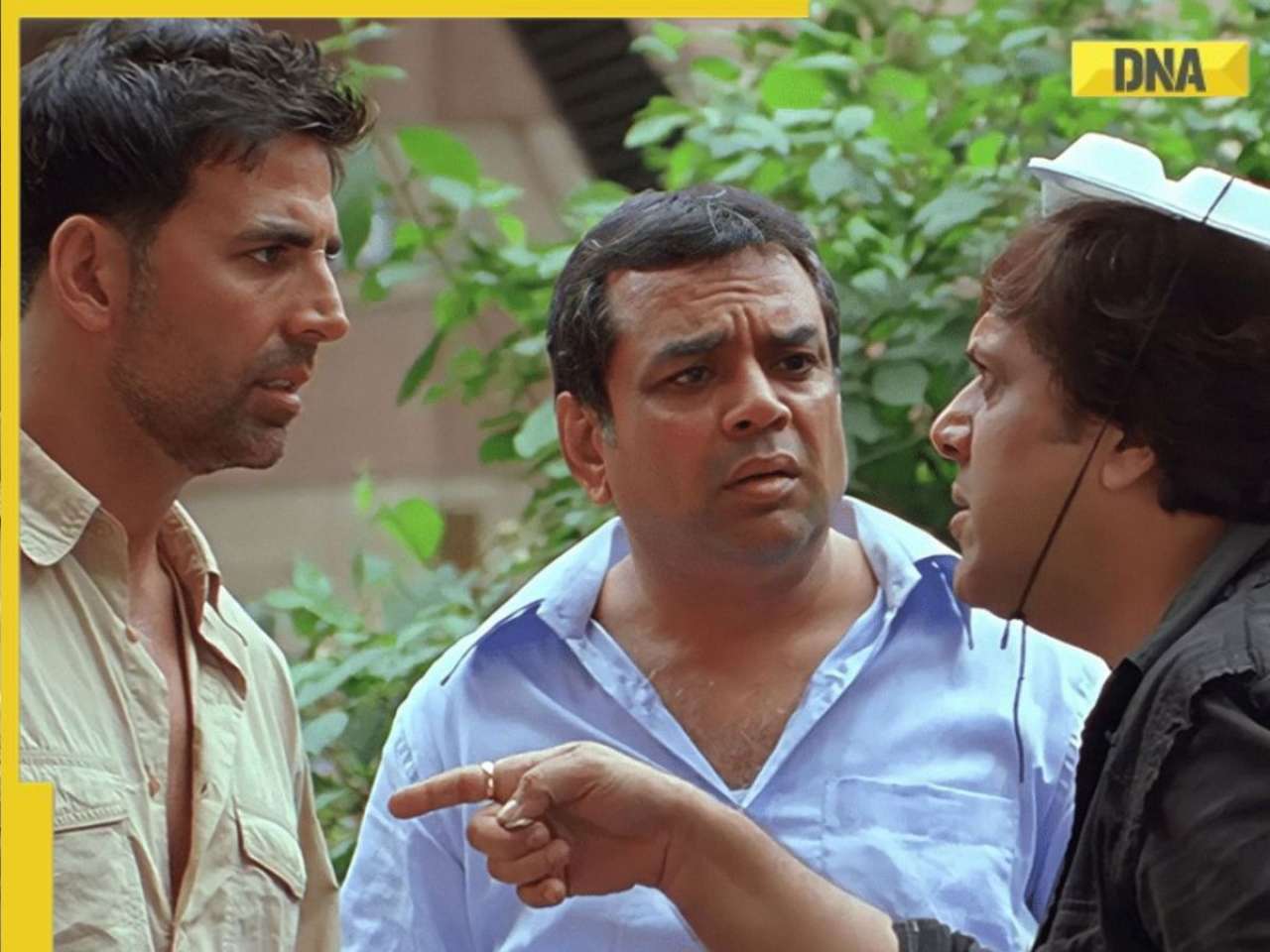






)
)
)
)
)
)
)
)
)
)
)
)
)
)
)







